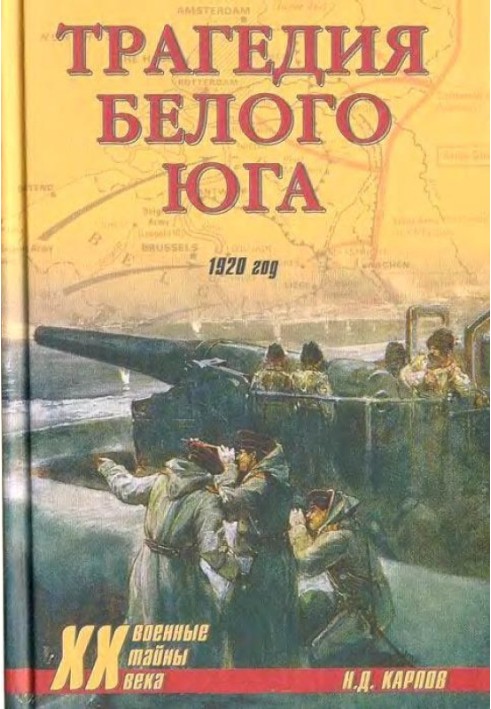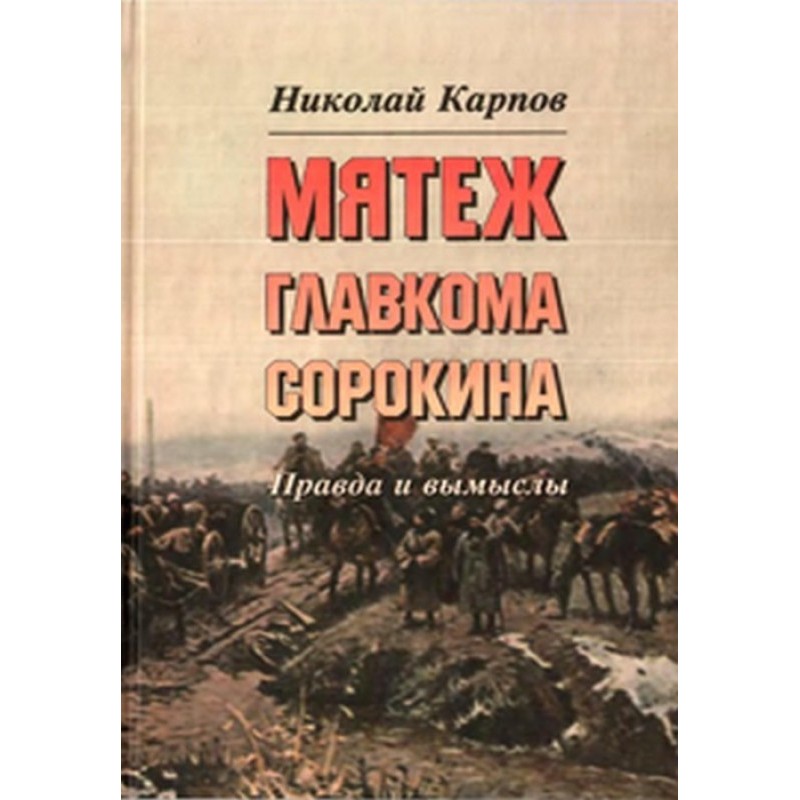The tragedy of the white south. 1920
 Instant download
Instant download
after payment (24/7)
 Wide range of formats
Wide range of formats
(for all gadgets)
 Full book
Full book
(including for Apple and Android)
Book by military historian N.D. Karpova talks about the participants of the White movement, about those who fought under the banner of anti-Bolshevik formations during the Civil War, but were defeated and forever went down in history as irreconcilable opponents of the “most advanced” system. They formed divisions, corps and even armies, understood their duty to the Motherland in their own way and fulfilled it as best they could. Readers of the book are given the opportunity to familiarize themselves with little-known and unknown episodes of a number of military events. They are interesting because they relate to the final and most dramatic period of the Civil War in the South of Russia and are mostly described by the soldiers, officers and generals of the White armies themselves. In presenting them, the author used archival documents, diaries and memoirs of participants in the White movement, published at different times abroad.
Data sheet
- Name of the Author
- Николай Карпов Дмитриевич
- Language
- Russian
Reviews
Глибоке дослідження та емоційна розповідь про трагічні події
Книга Н.Д. Карпова "Трагедія білого півдня. 1920 рік" є справжнім шедевром військової історії, що занурює читача в драматичні події Громадянської війни в Росії. Автор майстерно розкриває історію учасників Білого руху, їхню боротьбу та незламний дух, який вони демонстрували, навіть зазнаючи поразки. Використовуючи архівні документи, щоденники та спогади безпосередніх учасників, Карпов створює живу картину тих часів, що дозволяє читачеві відчути емоції, переживання та складні моральні вибори, які стояли перед солдатами та офіцерами білих армій. Ця книга не лише інформативна, але й глибоко емоційна, вона спонукає до роздумів про обов'язок перед Батьківщиною, патріотизм та ціну, яку доводиться платити за свої переконання. Рекомендую всім, хто цікавиться історією, адже ця книга відкриває нові горизонти розуміння подій, які вплинули на долю цілої нації.














